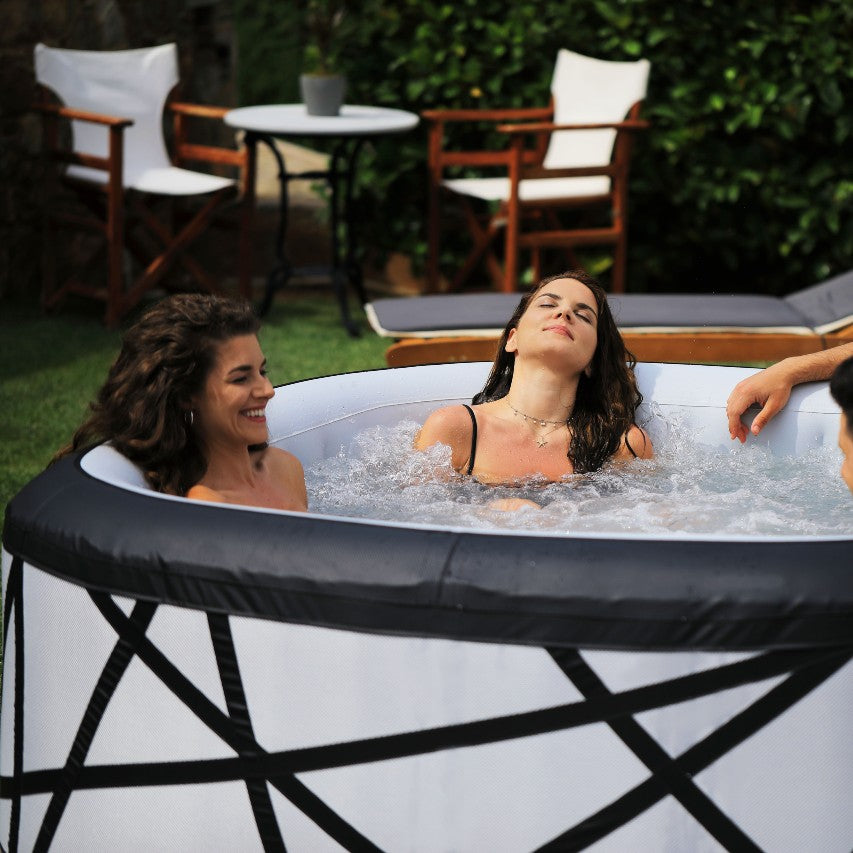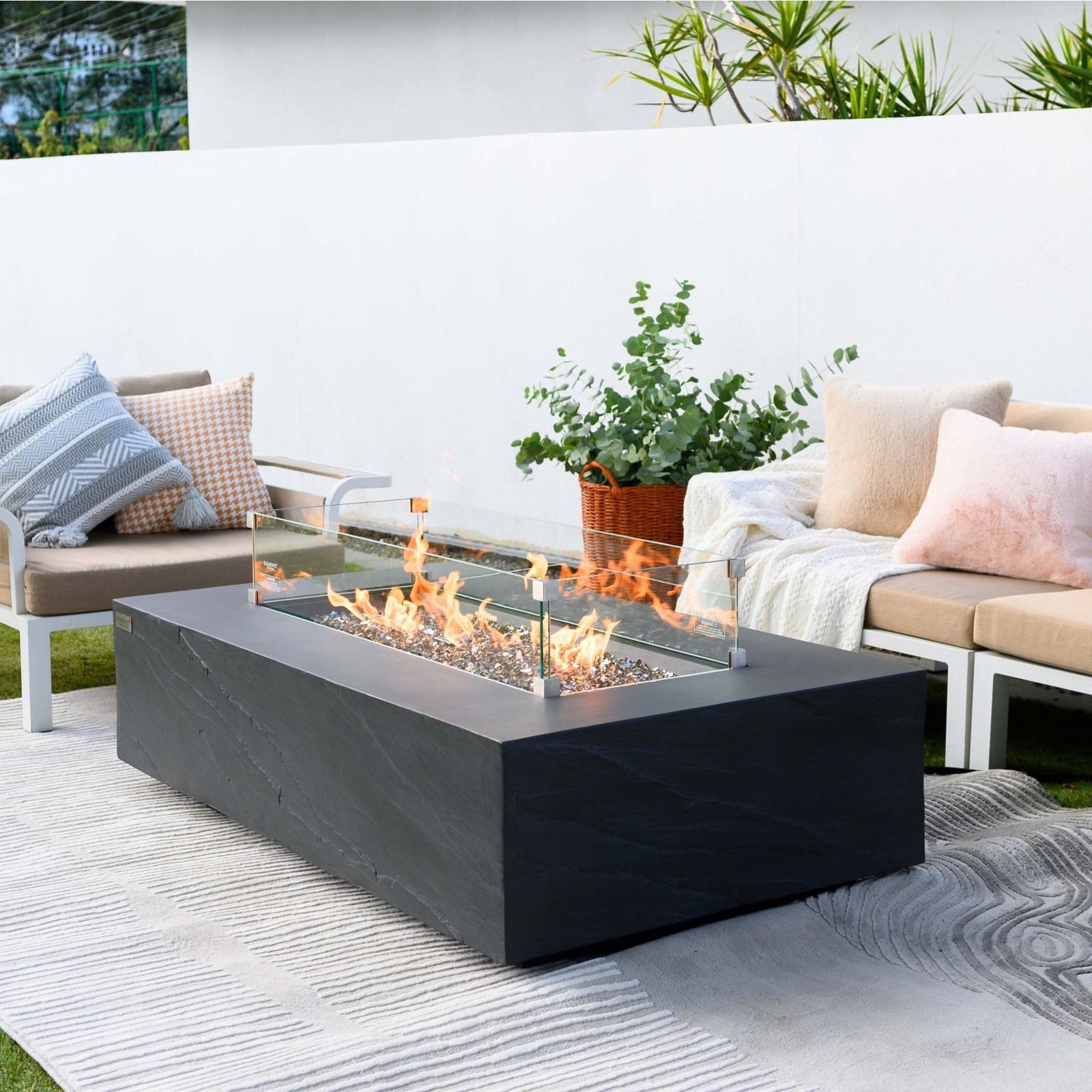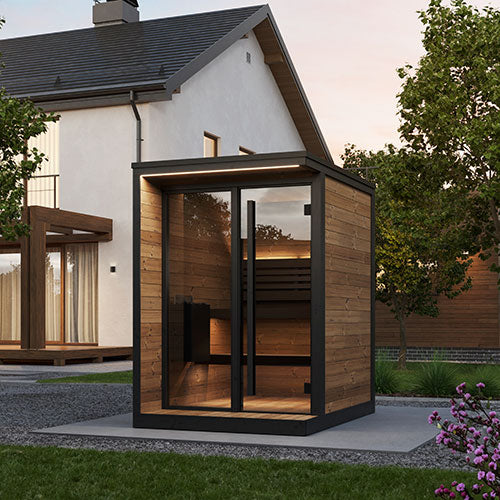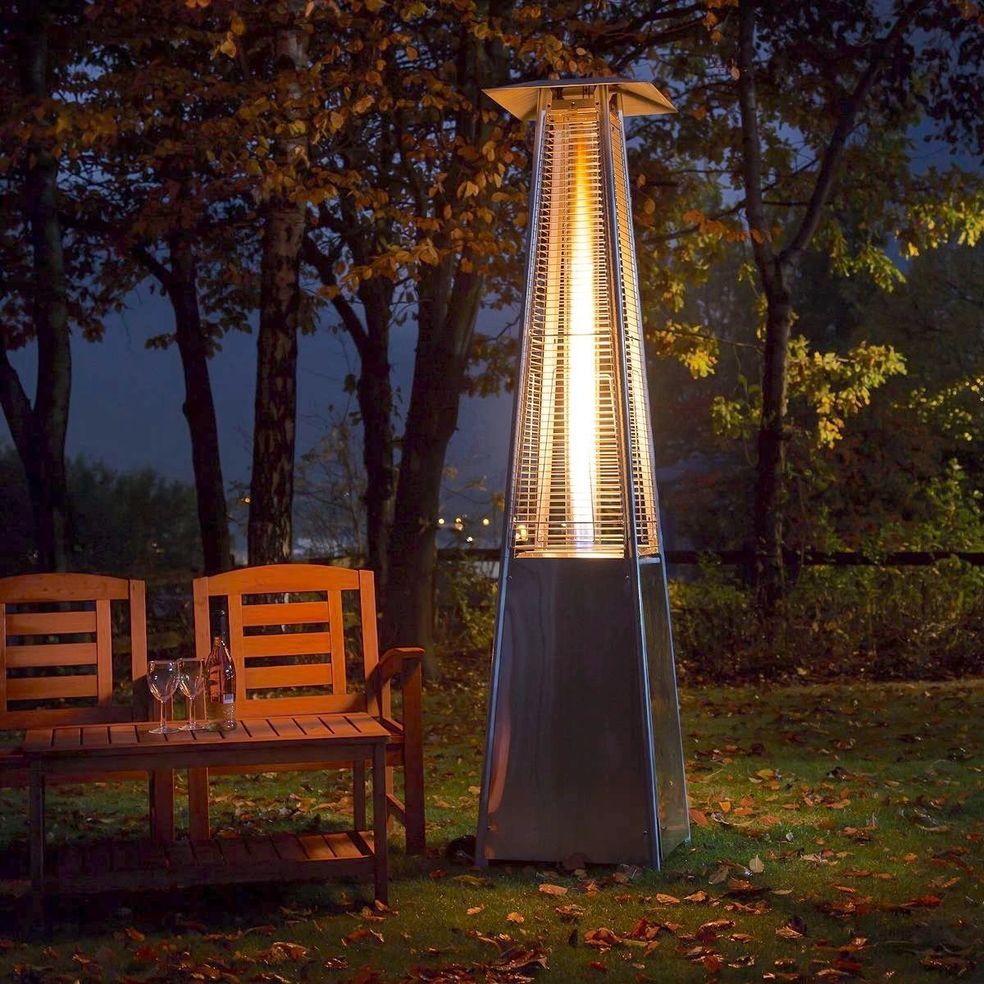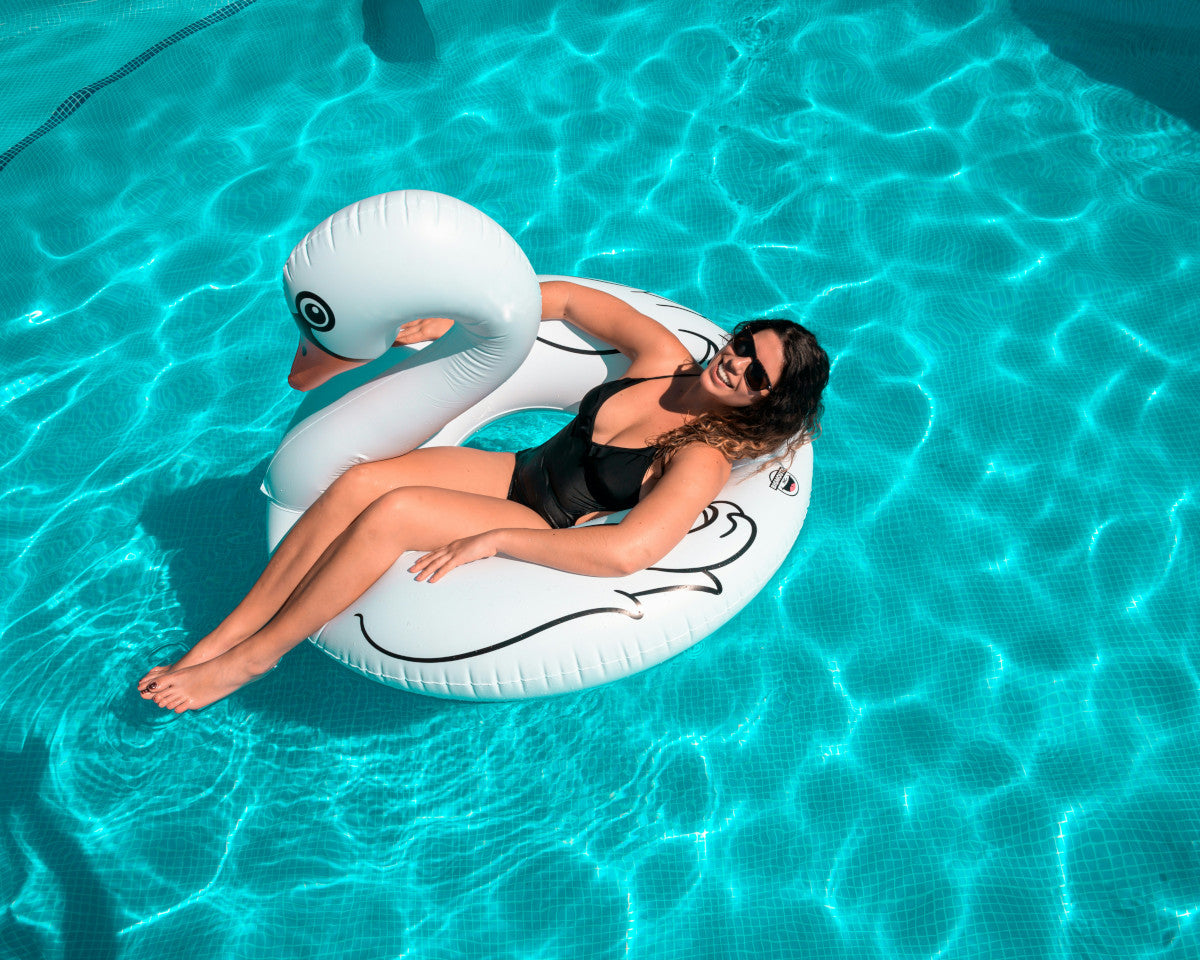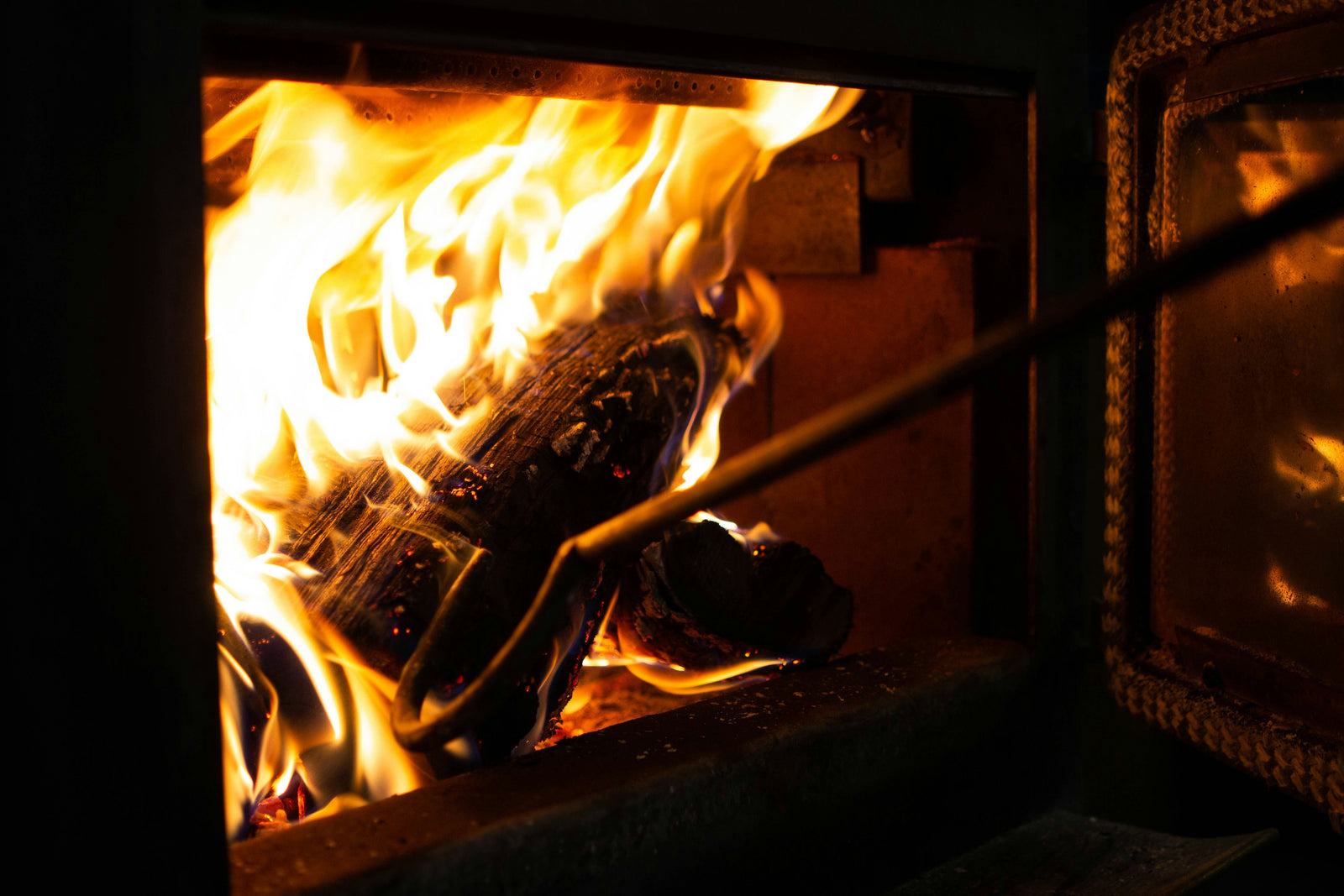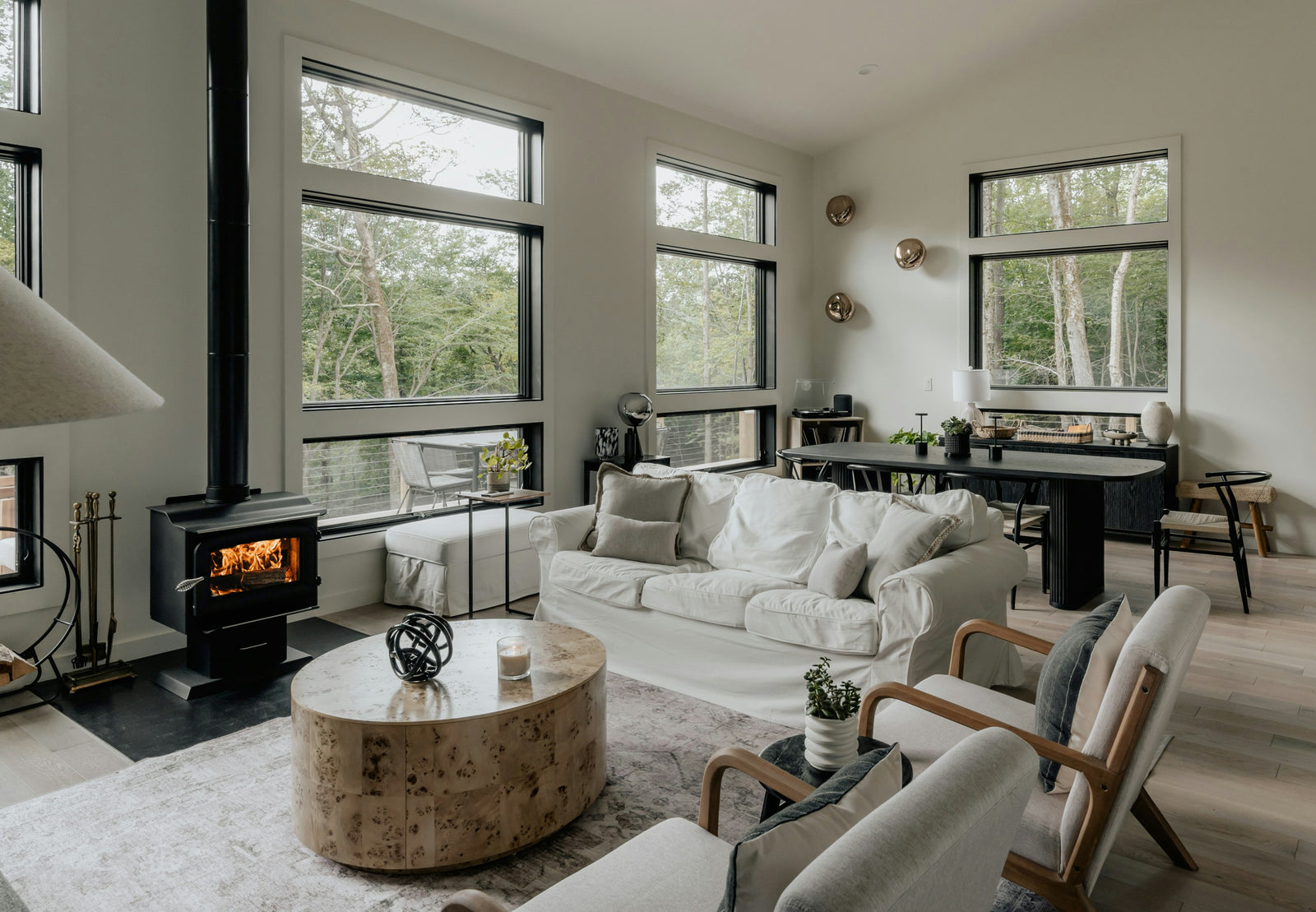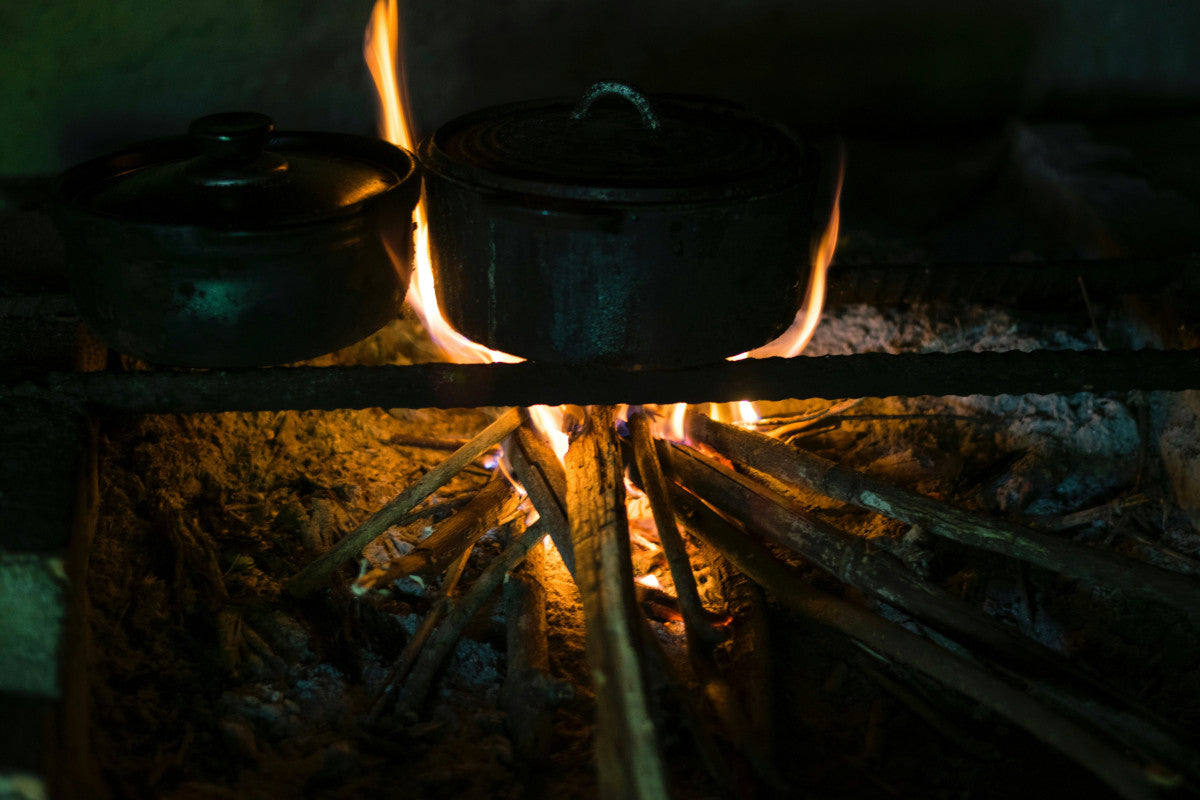Pool heat pumps are a game-changer for swimmers seeking comfort in any season, offering the luxury of a perfectly tempered oasis in your backyard. But with this comfort comes a critical question: should I leave my pool heat pump on all the time?
While running your heat pump non-stop can ensure a consistent temperature, it's essential to balance the benefits against the potential increase in energy bills. That being said, it's more economical to maintain a regular heating schedule than to only power up when you're ready to dive in.
Concerned about costs? We’ll offer solutions below, including energy-efficient pool heat pump upgrades at Outdoor Direct to keep your pool inviting without the financial chill.
Should I Leave My Pool Heat Pump on All the Time?

Let’s not waste any time - should I leave my pool heat pump on all the time? This is one of the most common questions we get asked here at Outdoor Direct. We’ll weigh the pros and cons of continuously running your pool heater below and give you our say on the matter.
Benefits of Running Your Pool Heat Pump All the Time
Keeping your pool heat pump running continuously can offer significant advantages. Steady temperatures are not only inviting but they also prevent the thermal shock to the system that can occur with intermittent use.
Continuous operation means the heat pump works less hard to maintain the desired temperature, as opposed to the energy surge required to bring up the temperature each time it's turned back on. This consistent operation can extend the life of your heat pump by avoiding the stress of cycling on and off.
Moreover, a constant temperature inhibits algae growth, keeping your pool water pristine and reducing the need for chemicals.
This steady state of operation also ensures that the pool's ecosystem remains balanced, which can be less labor-intensive for pool owners in terms of maintenance.
Drawbacks of Constantly Running Your Pool Heat Pump
Despite the benefits, there are drawbacks to consider - most notably, the cost of pool heat pump operation. Heat pumps are designed to be efficient, but continuous operation means continuous energy consumption. This can become costly, especially during peak seasons or in regions with higher electricity rates.
Additionally, while frequent on-and-off cycles can strain a system, running a heat pump non-stop can still contribute to wear and tear over time. This could potentially lead to more frequent repairs or earlier replacement than if the pump were used more sparingly.
So, Should I Leave My Pool Heat Pump on All the Time?
So, what does all this mean - should I leave my pool heat pump on all the time or run it more sporadically? The decision to run your pool heat pump non-stop should be a balance of the benefits and drawbacks we’ve just unpacked.
It's crucial to consider the specific climate you live in, your pool's insulation, usage patterns, and the efficiency of your current system. For those in cooler climates or with less frequent pool use, it may not be cost-effective to run the heat pump all the time.
How Long Should a Heat Pump Run Per Day?

If you decide not to run your pool heater 24/7, then how long should you run it per day? Determining the optimal daily running time for your pool heat pump hinges on several factors, including pool size, desired temperature, and the efficiency of the unit.
On average, a well-sized heat pump for your pool might need to operate between 8 to 12 hours per day to maintain a consistent temperature. This ensures that the water remains at a comfortable level without overworking the system.
That being said, the ambient temperature plays a pivotal role in how long your heat pump should run. In warmer climates or during peak summer months, your heat pump may need to run for shorter periods, as the temperature differential between the air and the pool water is less drastic.
Conversely, expect to run the heat pump for longer during cooler periods to achieve the same level of warmth, as heat dissipates more quickly.
It's essential to monitor weather patterns and adjust the running times accordingly. Some heat pumps come equipped with intelligent thermostats that can react to temperature changes, optimizing running times for efficiency and comfort.
More Tips on Maximizing Your Pool Heat Pump Investment and Cutting Costs of Operation

The idea of constantly running your pool heater can be daunting, but there are ways to maximize this investment and cut the costs of operation to a more desirable level. Here are some tips you can consider.
Regular Maintenance to Ensure Peak Performance
Regularly cleaning the evaporator coil, maintaining proper refrigerant levels, and ensuring that the airflow is unobstructed can prevent performance issues.
A well-maintained heat pump operates more efficiently, which means it uses less energy and reduces operational costs. We encourage you to schedule professional inspections at least annually to keep your heat pump in optimal condition.
Smart Landscaping to Reduce Heat Loss
Strategically placed landscaping can serve as a windbreak to minimize heat loss from your pool. Planting shrubs or building a fence can shield your pool area from prevailing winds, thereby reducing the cooling effect on the water surface.
This natural barrier can help maintain the water temperature, allowing your heat pump to work less to achieve the same results, which, in turn, saves on energy costs.
The Role of Pool Covers in Heat Retention
A pool cover is an invaluable accessory for any pool owner looking to reduce the running time of their heat pump. These can significantly retain the water's warmth, especially overnight or during cooler days, by acting as a barrier to heat loss.
This retention means that the heat pump doesn't have to work as hard or as long to maintain the desired temperature. Utilizing a pool cover could reduce the need for your heat pump to run by several hours each day, resulting in noticeable energy savings and prolonged equipment life.
Upgrading to More Energy-Efficient Models
Efficiency in pool heat pumps is often measured by the coefficient of performance (COP), which compares the heat output to the amount of electrical energy input. A higher COP indicates a more efficient unit, leading to lower operational costs.
Moreover, modern heat pumps are designed with advanced features such as variable speed compressors and smart controls that adjust to the pool's needs, further enhancing efficiency.
All of this is to say that if you’re worried about excessive energy bills, consider making the upgrade to AquaCal pool heaters at Outdoor Direct. This is known as the best pool heat pump manufacturer with more than 40 years of experience in producing elite, efficient pool heating solutions.
Part of this is due to the patented ThermoLink Heat Exchanger technology found in both the
AquaCal HeatWave SuperQuiet heat pump and the AquaCal TropiCal heat pump, which is optimized for variable-speed pumps. This adds minimal pressure to the system while maximizing flow rates.
The AquaCal's unique Air Flow Vectoring Top directs airflow efficiently, which is crucial for peak performance, and its design prevents debris from entering the unit, thus protecting internal components. This thoughtful engineering allows us to offer an extended 10-year warranty on the evaporator coil.
The control system is weather-protected, with a full-text display for ease of use, and includes the ability to connect to most external controllers for both heating and cooling modes. For added convenience, AquaCal units are PoolSync Ready, allowing you to adjust settings directly from your smartphone.
One of the most impressive aspects of the AquaCal series is its COP ratings, which can reach as high as 7.1, signifying exceptional efficiency that you won’t find anywhere else. Whether you need a small pool heat pump or a commercial pool heat pump, an efficient upgrade is just a few clicks away. Explore our solutions today!
Final Thoughts on How Long to Run Your Pool Heat Pump
So, should I leave my pool heat pump on all the time? As you now know, this is a matter of balancing efficiency, pool usage, and cost.
Properly sizing your system, utilizing pool covers, and adjusting for ambient temperatures ensures you get the most out of your heat pump without incurring unnecessary expenses. Remember that a heat pump tailored to your pool's specifics and your personal usage patterns is key to energy and cost savings.
Learn more about an above-ground pool heat pump or the differences between an AquaCal vs Hayward heat pump in our blog. We’re your one-stop shop for all things pool heating and outdoor enjoyment. So, why not put the stress of constantly running a pool heat pump in the past by upgrading to a more efficient solution today?
Explore the best in pool heat pump technology with Outdoor Direct. Shop our selection for energy efficiency or contact us for expert advice tailored to your unique pool needs. Your perfect pool temperature is just a click away.

